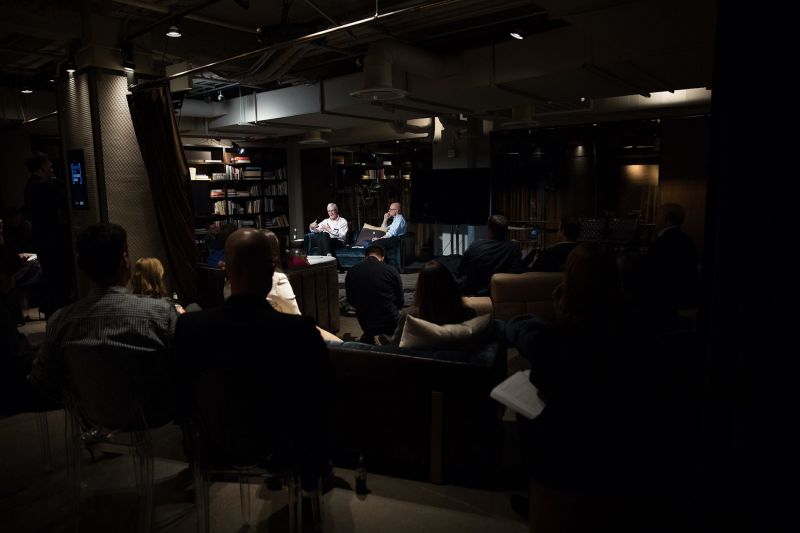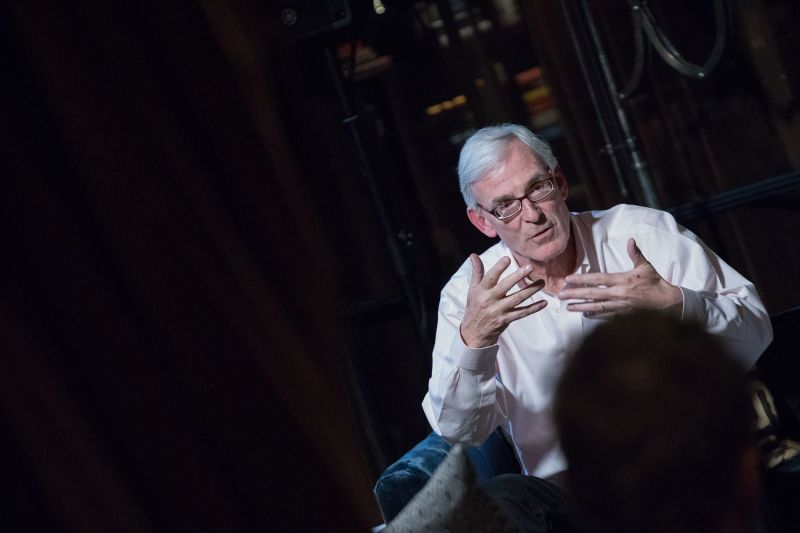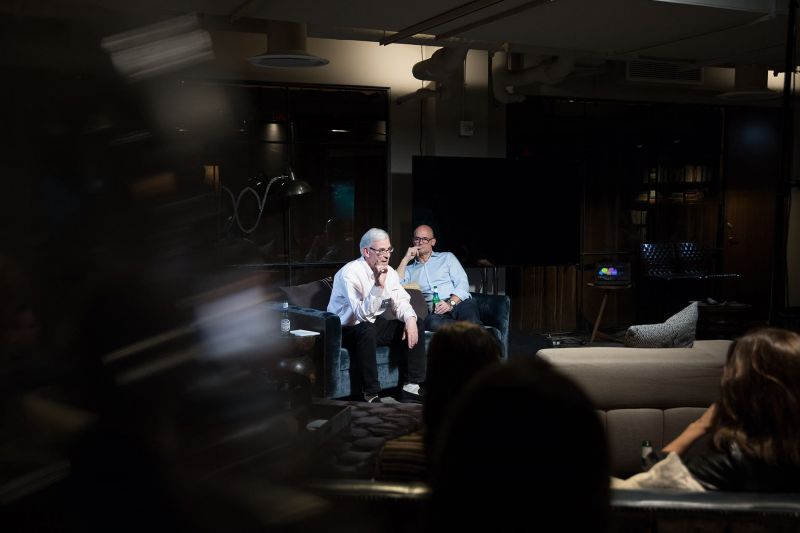Mark Luce shared his experience of the difference that commercial simplification can make at our Fit for the Future Now forum event in New York. Mark talked about his time as Head of Group Marketing Operations at SABMiller, and how working on simplification with OxfordSM broke down silos and helped drive growth.
Why was simplification so important to SABMiller?
"Growth was getting harder, and we’d made things too complicated. The beer category is declining in most regions so the only way to grow was through marketing.
"We were experts in combining operations and selling, and we had a good marketing function. To succeed, though, we needed the entire commercial function to become more consumer and brand-growth focused. We’d done the thinking and had a Marketing Way, but if I said the executive summary was on 160 slides you’ll appreciate the challenge."

Is this a problem unique to SABMiller?
"No, complexity is an increasingly common complaint across lots of organisations, particularly as cross-functional working becomes more important.
"Another point is that we placed a lot of value on people’s IQs, both in recruitment and development. If you put a lot of fiercely bright people together it’s easy to make the simple complex, and the complex impenetrable!"

Why didn’t previous efforts work?
"We’d made it too complicated, which meant that stuff didn’t stick. We’d also treated it more like training rather than capability with a big C, and as a real change programme."
What did you do differently this time?
"First, we radically simplified the Marketing Way and made it fully commercial. We boiled down our 160-slide deck into six core tools, which we summarised on six beer mats – or beer coasters if you’re American!) That’s how simple it was. You could develop and tell your end-to-end story, from strategy through to execution, with these six tools. Everything we did around capability after that came back to the beer mats.
"Also, we started with the Regional Presidents, the GMs and their commercial teams. Crucially, we didn’t start with Marketing. We needed the entire team to get behind the change, to recognise what great looks like, and to be asking the right questions to get there. We had to make it as sticky as possible, and we planted that change into new leadership behaviours that were coming through at the time. Then we got the leaders involved the rollout and engagement with their local teams, and with taking control of their own change journeys."

Did it work?
"Yes. It was the most successful capability programme SABMiller had ever had, bar none. The speed and ease of adoption was unlike anything we’d seen before. And all this despite our reputation for complexity meaning ‘time with Group’ wasn’t always a welcome idea!
"Good news travels quickly, though, and even some of our most hardened sceptics saw the benefit. Here was something that could demystify marketing, break down silos, focus teams on the few things that would make the biggest difference and ultimately make growth easier."
No Comments Yet
Let us know what you think